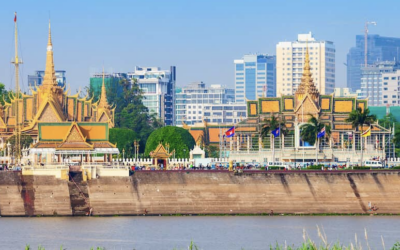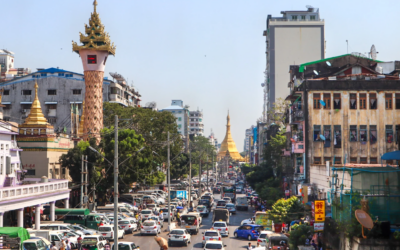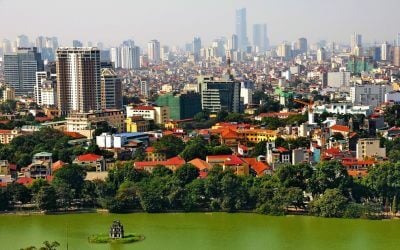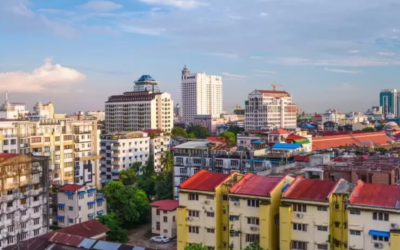Last updated July 21st, 2023.
Vietnam certainly made amazing progress over the last decade. Their annual growth averaged above 6% with a remarkable CAGR (Compound Annual Growth Rate) of 12%.
That ranks Vietnam as Asia’s second fastest growing economy, only behind China, and the best performing in Southeast Asia too.
With its fairly stable currency, highly competitive labor costs, and business-friendly conditions, Vietnam is rightfully earning foreign investors’ attention.
100-Year Foreign Property Ownership in Vietnam
Foreign real estate investors are now allowed to extend their home leases by another 50 years, after their first 50-year period ends.
That’s according to a relatively new policy that was implemented in late-2015. Before then, you could only lease land in Vietnam for a maximum period of 50 years as a foreigner. No renewal option was possible.
Also, foreigners can extend their home ownership period three months before the first 50-year term expires.
Relaxing foreign ownership restrictions will boost an ailing Vietnam real estate market saddled with oversupply.
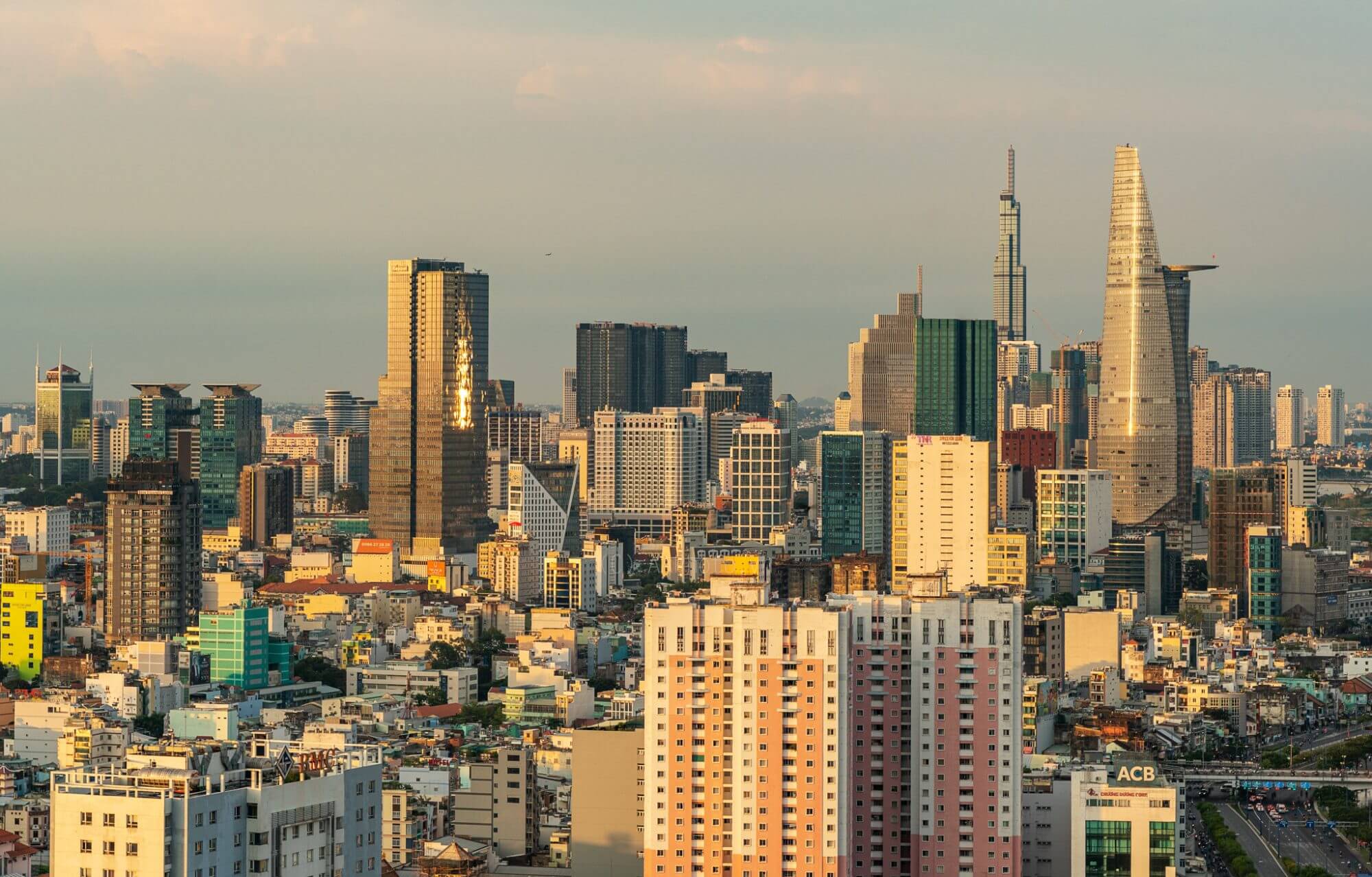
You can now own certain types of property on a 100-year lease in Vietnam. More than a few restrictions apply though.
Vietnam’s new foreign ownership law will permit investment funds, non-locals with a valid visa, international firms operating in Vietnam, and oversea Vietnamese to lease residential property on a long term basis.
The types of investments affected under this law will include all residential properties including condos, villas, and townhouses. Commercial property is leasable for a maximum period of 70 years, as was previously the case.
A volume limit will not be imposed. Yet the total number of units owned by any foreign buyers must not exceed 30% of the units in one apartment building, or 250 landed property units per district.
Foreign owned properties can all be sub-leased, traded, inherited, and collateralized under the new law.
Vietnam is Internationalizing its Stock Market
In line with a World Trade Organization promise, Vietnam will let foreign stock investors own a larger proportion of public companies.
Such measures will mean no limits on foreign ownership in Vietnamese firms. Sectors related to national security are the only true exceptions to this rule.
There’s currently a 49% foreign ownership limit for all companies in Vietnam. Banks have even stricter requirements, allowing maximum foreign ownership of just 30% right now.
But Vietnam’s economic liberalization is a trend that will almost certainly continue. You should expect even friendlier rules toward foreign investment in Vietnam throughout the 2020s.
Vietnam to Permit More Foreign Bank Ownership
Vietnam is still recovering from toxic debt and a property slump that started in the mid-2010s. Reckless lending and costly state spending were the main cause of these issues.
As such, Vietnam changed the rules to let foreign investors hold a bigger share in local banks.
The present 30% restriction on foreign investment in banks covers total foreign shareholdings. A single non-Vietnamese investor can only hold a one-fifth stake.
Foreign institutional investors probably see little incentive in holding a minority share. Yet the new decree does let them raise ownership in national banks past the current 30% limit, if they so wish.
These steps may reduce pressure on local banks in Vietnam, giving them space to recapitalize and reorganize.
Foreign investment arguably helps banks moreso than any other type of business in Vietnam, bringing fresh capital and immense change to these institutions.
But Vietnam Still Has Much Work to Do
Despite its economic stabilization and stocks staying near their record highs, Vietnam still has a far way to go until foreign capital is comfortable residing here in the long-term.
There must be more progress in areas such as infrastructure, technology, and access to skilled labor. Government incentives including tax relief and streamlined processes can also help lure capital.
Would you like to invest in Vietnam? There are a few different ways you can, from property to stocks. You might be interested in our guide to buying property in Vietnam as well.
Furthermore, we have an article explaining how to trade stocks in Vietnam if equities are more your style.
Skip the Next Western Recession
Learn the best places to invest - and where to avoid - by downloading our free Investment Cheat Sheet.



